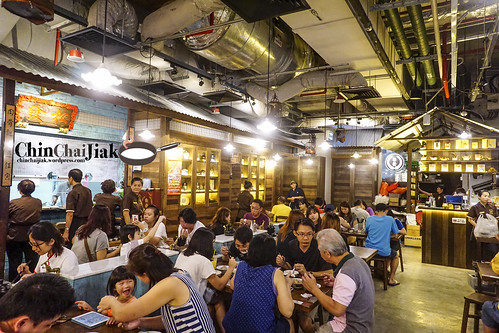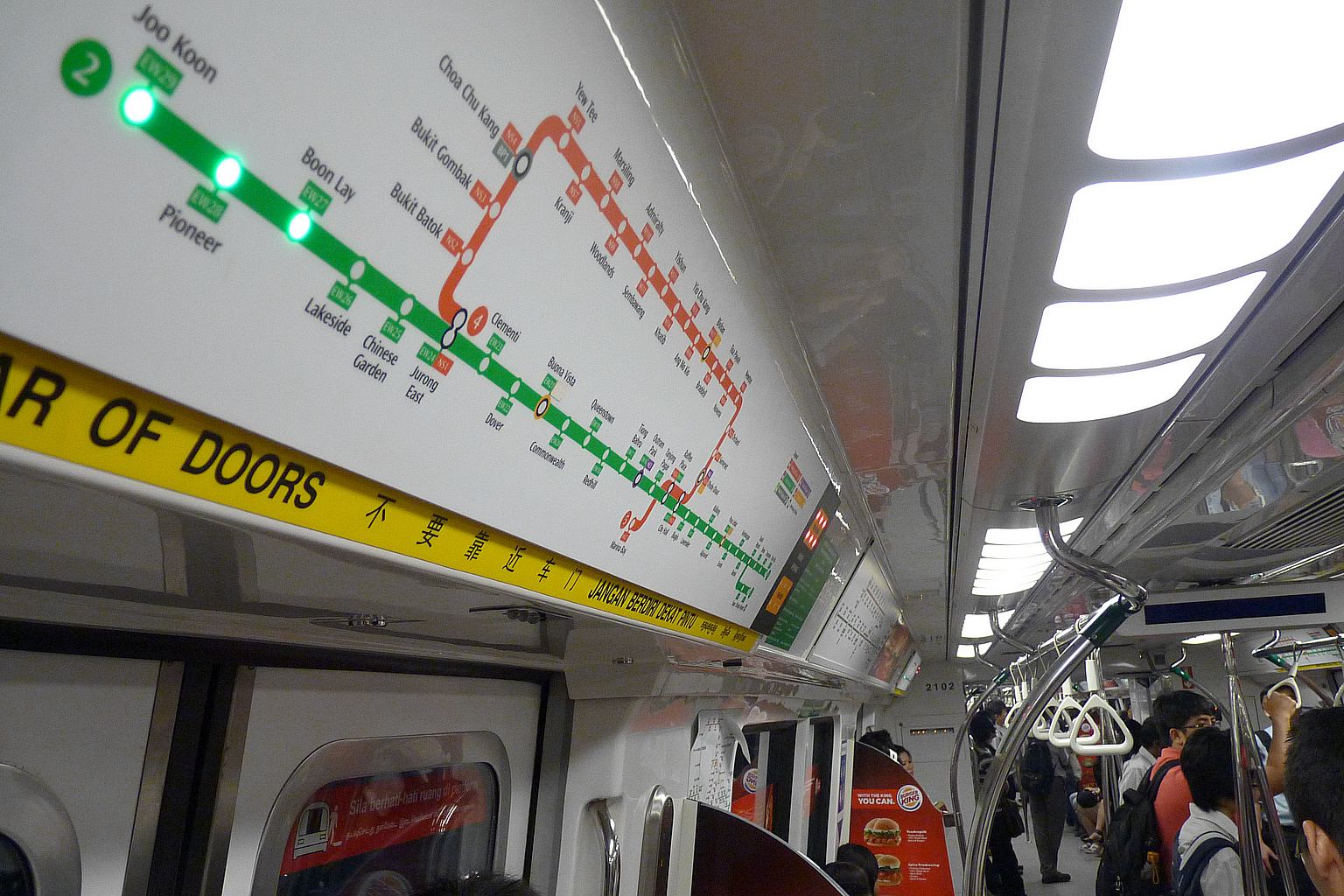It was expected to happen anytime after GE 2015. The question was
where it will happen first and it has been answered today. Bukit Batok
SMC is up for a by-election. The MP who won the seat of Bukit Batok Town
Council for PAP has resigned.
There were two
by-elections following GE 2011. Both incumbents were from different
parties and they resigned because of extra-marital affairs. The latest
resignation was for the same reason and the by-election date will be
announced in due course. While there are people who are interested in
talking about why these marital affairs happen so often and speculating
over whether there could be other MPs who are engaged in such "personal
indiscretions", others are more interested in exploring the likely
scenarios for the coming by-election. Who will be contesting and who
will likely emerge as the winner?
This
by-election presents a precious opportunity for another alternative
voice to be heard in parliament and many aspiring candidates are already
sitting up straight and contemplating. In GE 2015, there was a 3-way
contest in Bt Batok in which the ward was won by the PAP candidate with
73.02% votes and the SDP's candidate garnered 26.38%. The independent
candidate who entered a token appearance lost his election deposit with
only 0.6% votes. Aspiring candidates in the upcoming by-election will
need to assess their familiarity and appeal to the voters of Bukit Batok
SMC before they take the plunge. It will be remiss of them to count on
the intuition that by-elections tend to work against the PAP for no one
can be sure of voters' behaviour on polling day.
Historically, Bt Batok SMC had been close to being an opposition ward before GE 2015. It was abolished as a single-seat ward in 1997 after PAP
won it narrowly against SDP and merged twice - first with Bt Timah GRC
(in 1997) and later with Jurong GRC (in 2001). It was restored as a SMC
in GE 2015 only to see a by-election barely 7 months later.
The
voters of Bt Batok SMC will have a second chance to exercise their
voting power and to present their message. How they vote will now be the
focus of public discourse, as will be the likely candidates for the
by-election. We wait with abated breath to see what message the voters
of Bt Batok SMC will be sending to all of us.



















